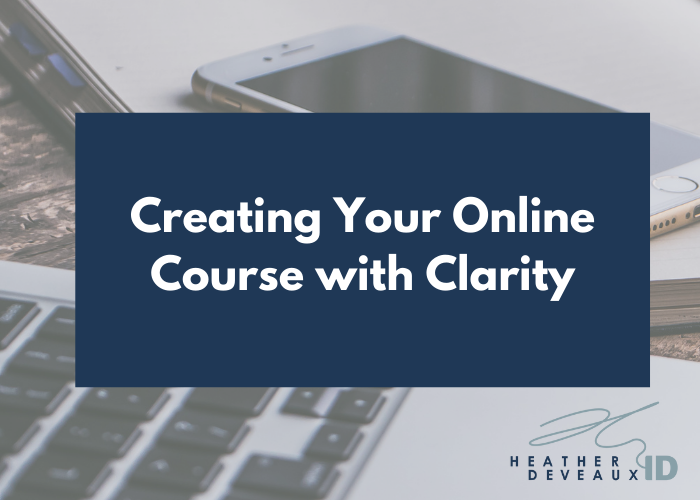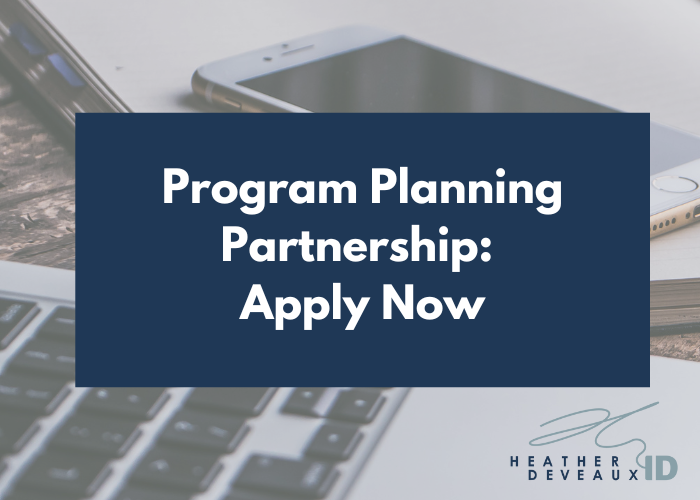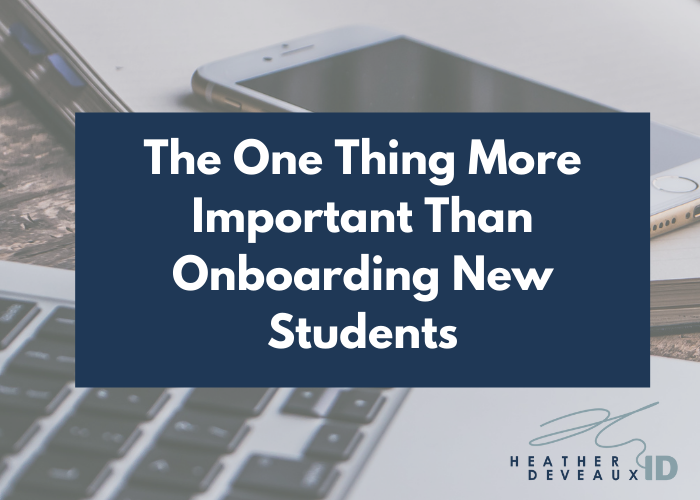The Accessibility of Professional Development
The accessibility of professional development is twofold. First, individuals need to be able to physically access professional development services, courses, networking, and connection events. Second, they need to be able to interact with the activities, learning, and takeaways from professional development engagements.
In this article, we’re exploring the importance of accessibility in professional development. But also, the importance of professional development being accessible to those who need it.
What is Professional Development?
Depending on the industry in question, professional development means different things to different groups of people. For our purposes, let’s call professional development the act of furthering one’s skills, knowledge, and abilities. However, professional development is not limited to associations, certifications, or professional industries, such as medicine or law. Although, those areas are certainly required to engage in professional development activities.
Formal vs Informal Learning and Development
When we talk about formal professional development, we’re generally speaking about activities that are recognized by some governing body or association. These governing bodies may include universities, professional associations which offer licensing or nationally recognized institutions such as the Mental Health Association of Canada. This type of professional development takes on a number of forms:
Informal professional development doesn’t always come with a certificate at the end, and there may be nobody requiring your participation in such activities. Informal learning through professional development is my favourite kind of learning. Why? Because I get to decide what I want to learn about and I get to make meaning of those experiences to apply to my own life and work. Informal professional development can be as simple as reading a book about earning more profit in your business. Formal professional development requires a little more planning.
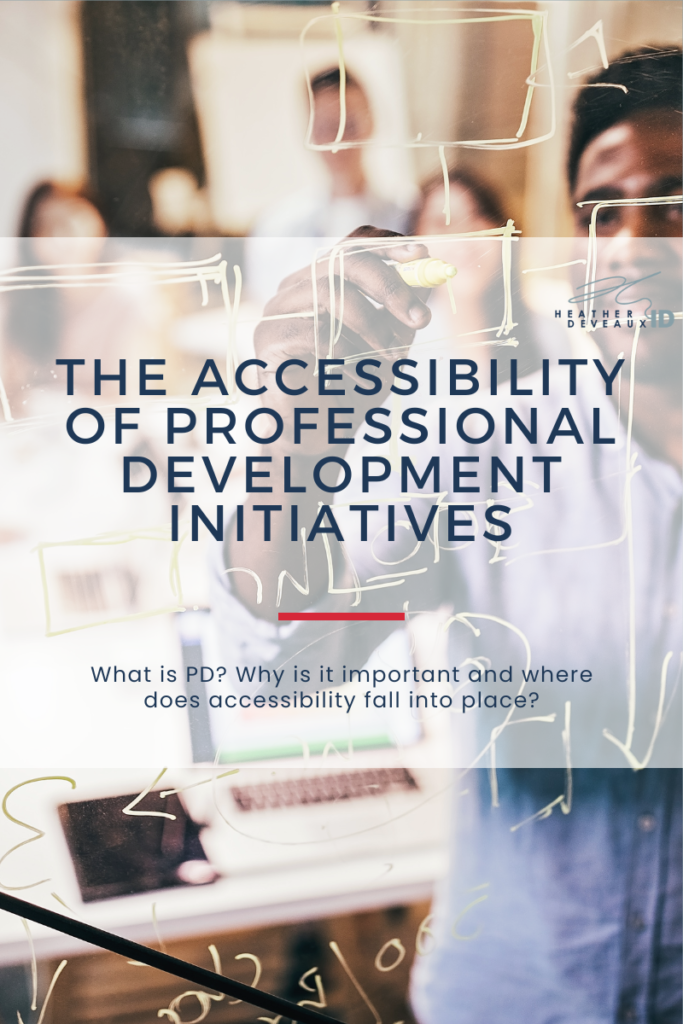
Regardless of what type of professional development you decide to create or engage in, it’s important to know why you’re doing it in the first place.
Why is Professional Development Important?
Whether required by a professional association or because of your own genuine curiosity, professional development can help you develop more skills, build knowledge and develop your abilities to help you further your career. It’s an important part of growing any business, developing a leadership role, and keeping pace with your peers, regardless of the industry in which you work.
Mandated (formal) professional development can be tricky sometimes. Engagement levels may not always be what you’d like them to be. Timing can be difficult to master. And keeping up with certification calendars can mean sending the same email four times to make sure that everyone who needs to take the professional development workshop has registered. Unregulated (informal) professional development is much more relaxed and closer to the roots of adult education in that people who engage in informal professional development do so because they see the value of it.
Accessibility Concerns Related to Professional Development
Now let’s talk about accessibility in relation to professional development.
I want to highlight two types of accessibility here: First, the accessibility to quality professional development. You might be inclined to think that most professional development can be conducted online. Perhaps through online courses, Zoom meetings, or networking groups. And you’d be right. However, because of knee-jerk reactions to the global pandemic to get everyone online at the same time, quality has suffered. Just getting a professional development course online doesn’t mean it stands the test of time. It doesn’t mean that it won’t need a tune-up once in a while. Professional development can be done almost exclusively online these days. But it’s important to make sure that the individuals who need it, understand how to access the training.
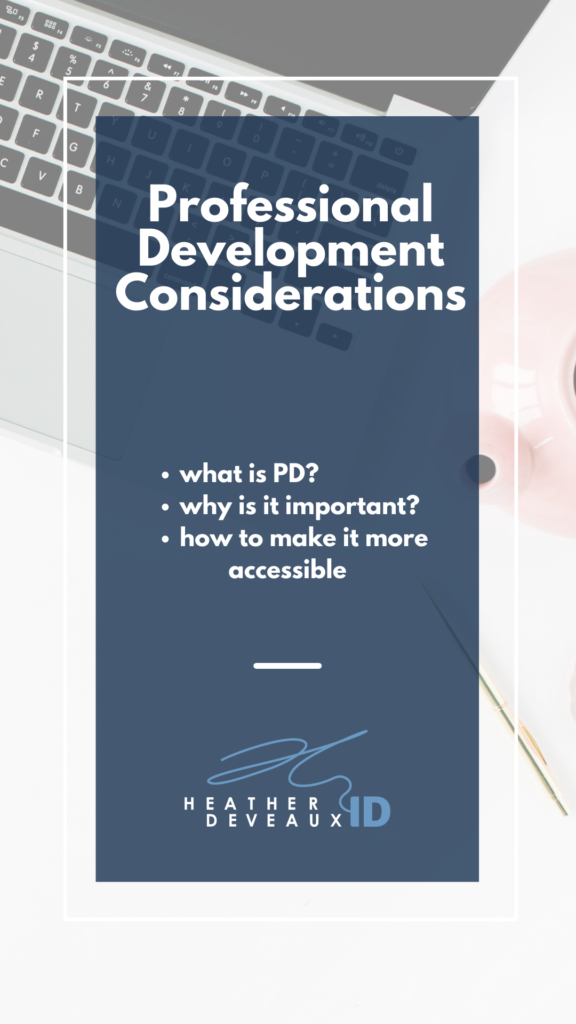
Second, let’s talk about the other type of accessibility related to professional development. Just because an organization has created an online course doesn’t mean the online course is accessible to everyone. In other words, some individuals may require accommodations to help support their learning. There may be some issues with an all-video learning module if someone has vision problems. What if there are various learning abilities to consider or auditory sensitivities? A massive conference in a hotel might not be the right answer. A key component of successful professional development involves inclusivity. And when we consider the needs of the individuals, it makes it easier for learning to take place.
Create Better, Accessible Learning Experiences
Many of my clients feel overwhelmed by the sheer number of considerations they need to account for when creating online courses. When we factor in accessible learning and certifications or credentials for professional development, it’s often easier to bring in an expert. That’s where I come in.
I work with companies around the world to help create professional development courses, learning experiences, and accessibility training. If you’re interested in learning more about how to hire an instructional designer to create these learning experiences for you, book a call with me now.



